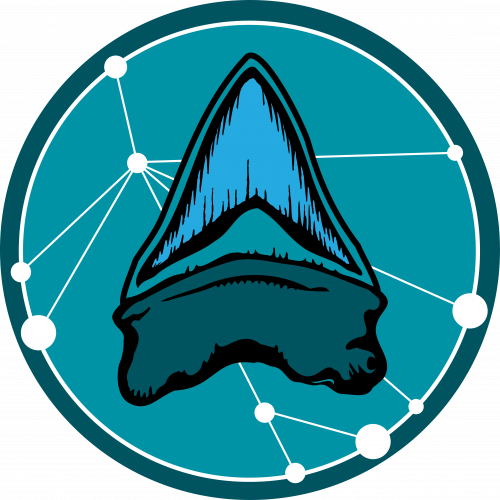 From July 10-14, 17 Florida middle school teachers came together to kick off our yearlong professional development program titled, “AI Learning in K-12 with Fossil Sharks,” or Shark AI for short.
From July 10-14, 17 Florida middle school teachers came together to kick off our yearlong professional development program titled, “AI Learning in K-12 with Fossil Sharks,” or Shark AI for short.
During this unique experience, teachers learned how to bridge the fields of artificial intelligence (AI) and paleontology in their classrooms. Learn more in the video below and in this blog post.
The second cohort of teachers attended a weeklong professional development workshop at the University of Florida’s main campus in Gainesville. During the workshop, participants learned how to use a branch of AI called machine learning to teach computers how to use shape, color, and texture to identify the species of extinct shark teeth! Participants left the workshop with lesson plans that are sure to get their students excited and expose them to STEM and computer science topics. Throughout the year, cohort members will work together to share resources and best practices for lesson implementation.
2023-24 Cohort
This is the second of three annual teacher cohorts, funded by a $1.3 million grant from the National Science Foundation in collaboration with the UF Herbert Wertheim College of Engineering, the UF College of Education and St. Mary’s College of Maryland. Learn more about the project in our press release.
|
|
|
|
|
|
|
|
|
|
|
|
|
|
|
|
|
|
Cohort II Launch Workshop Dates & Location:
This year-long cohort began with an initial weeklong workshop on July 10-14, 2023 at the University of Florida campus in Gainesville, Florida. The program runs through Spring 2024.
Cohort II Learning Goals and Benefits:
At the end of this yearlong program, participants will gain the following:
- Hands-on participation in the development of customizable, standards-based lesson plans and interactive machine-learning models that will be available on the project’s website for any teacher to access for free.
- Learning standards covered include:
- SC.6.L.15.1: Organisms classified with shared characteristics (i.e. Linnaean system)
- SC.8.N.1.5: Methods used to develop scientific explanation
- SC.6.N.1.3: Experiment and other types of scientific investigation, benefits, and limitations of each
- SC.7.L.15.1: Fossil evidence & theory of evolution
- SC.68.CS-CP.1.2: Use of data collection technology to view, organize, analyze, and report results.
- SC.7.N.3.2: Identify the benefits and limitations of the use of scientific models.
- Learning standards covered include:
- A chance to network with university researchers and like-minded teachers across the state.
- A $2,500 stipend for successful completion of the program components.
- Ability to expose students to computer science and paleontology skill sets and career paths.
Cohort II Launch Workshop Components
- Introduction to paleontology as a multidisciplinary science for teaching integrated STEM+C and AI in K-12 education
- Introduction to hands-on activities with AI technologies for building, testing, and using machine learning models for scientific purposes.
- The pedagogical benefits of socio-scientific reasoning and problem-based learning in integrated STEM+C education
- Brainstorming and planning for lesson and activity ideas
Cohort II/PD Expectations
In order to receive the $2,500 stipend, participants must attend all cohort activities, including:
- Attend the entire workshop launch and other required cohort sessions thereafter.
- Successfully complete and implement in your classroom a lesson of your own that was developed during the workshop during the 2023-2024 school year.
- Implement multiple lessons developed during the PD and other related cohort activities.
- Complete regular check-ins with the project team and cohort after the workshop has concluded throughout the year.
- Schedule a visit with a scientist to your classroom via the Scientist in Every Florida School Program during the 2023-2024 school year.
- Following standard policies and procedures, participate in and complete any evaluations, assessments, and surveys required as part of the program.
Instructors
- Bruce MacFadden, TESI Director and Distinguished Professor, Florida Museum of Natural History
- Pasha Antonenko, Associate Professor, School of Teaching and Learning, UF College of Education
- Jeremy Waisome, Instructional Assistant Professor, UF Herbert Wertheim College of Engineering
- Victor Perez, Visiting Assistant Professor of Environmental Studies for St. Mary’s College of Maryland
- Stephanie Killingsworth, K-12 Education and Outreach Coordinator, Scientist in Every Florida School
- Brian Abramowitz, K-12 Education and Outreach Coordinator, Scientist in Every Florida School
Support Staff
- Sadie Mills, TESI Program Coordinator
- Alise Cross, TESI Education and Communications Assistant
Student Assistants
- Maria C. Vallejo-Pareja, TESI Graduate Assistant
- Tonika Jones, Graduate Research Assistant
- Dennis Parnell, Jr., Graduate Research Assistant
- Christine Wusylko, Graduate Research Assistant
Blog
Bridging the Past and Future
Cohort II of the SEFS "Shark AI" Professional Development Workshop takes a deep dive into fossil sharks and artificial intelligence.
AI in the Classroom: Scientist in Every Florida School Program Helps Middle School Teachers Use Fossil Sharks to Teach Machine Learning
The yearlong professional development program equips teachers with the tools to introduce students to AI and inspire STEM careers.
Shark Teeth, Steinbeck, and More: Teachers Use Summer to Deepen Their Own Learning
Teachers say these kinds of experiences help them revitalize, bring new knowledge into the classroom, and expand their teaching repertoire.
Funding Sources
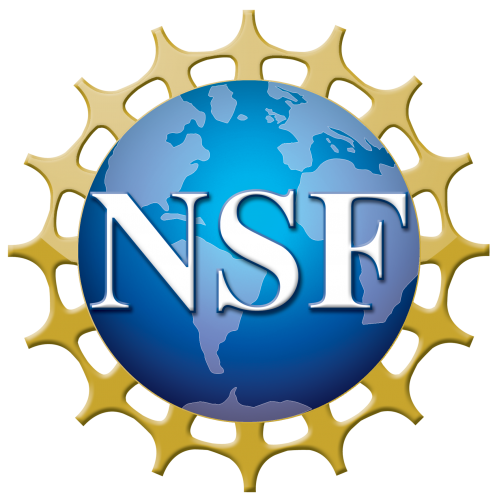
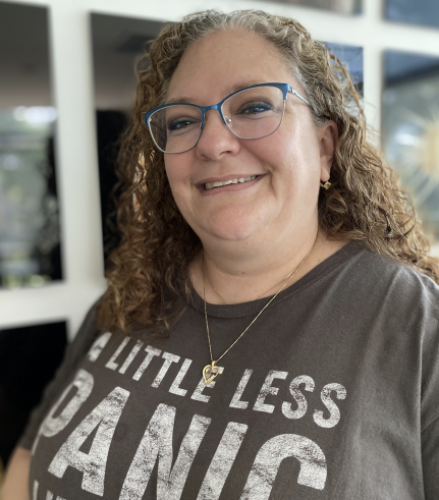 Melissa Atkins
Melissa Atkins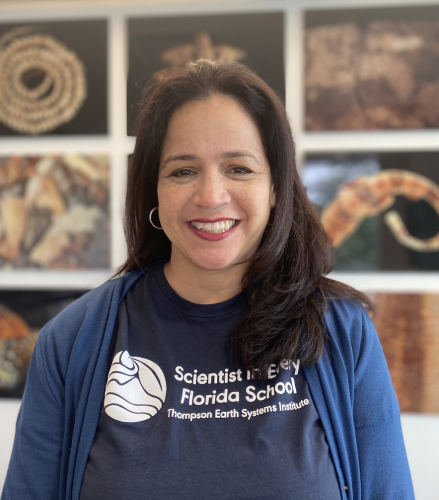 Katherine Boronat
Katherine Boronat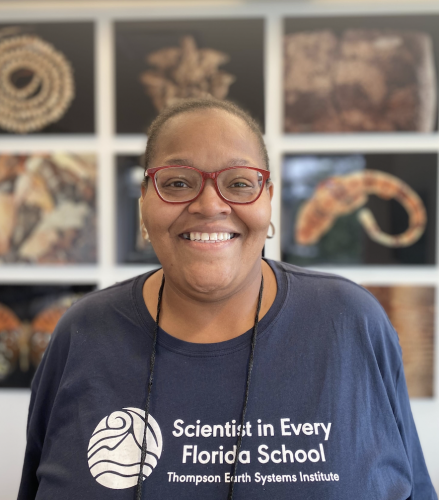 LaQuette Cobb
LaQuette Cobb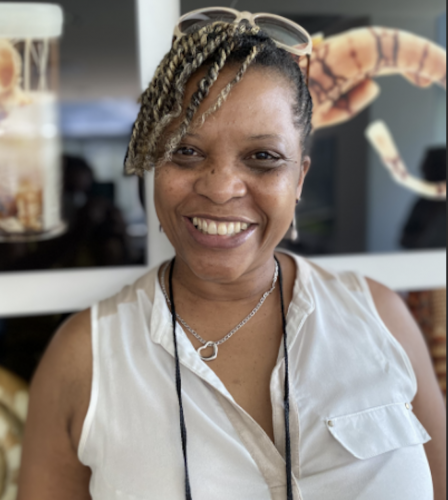 Donale Cochran
Donale Cochran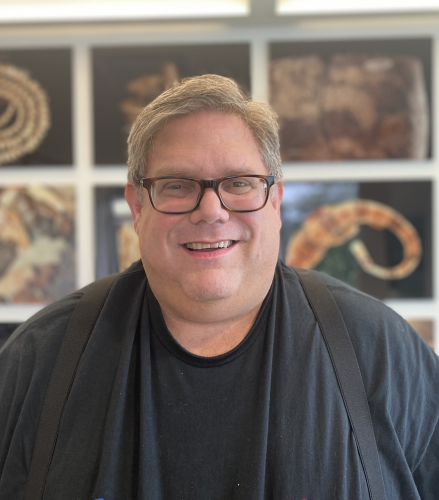 Keith Cohen
Keith Cohen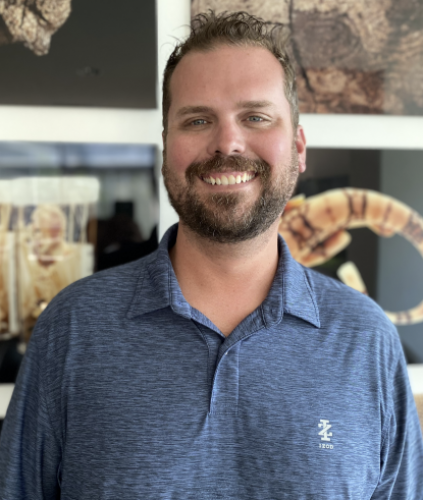 Robert Driscoll
Robert Driscoll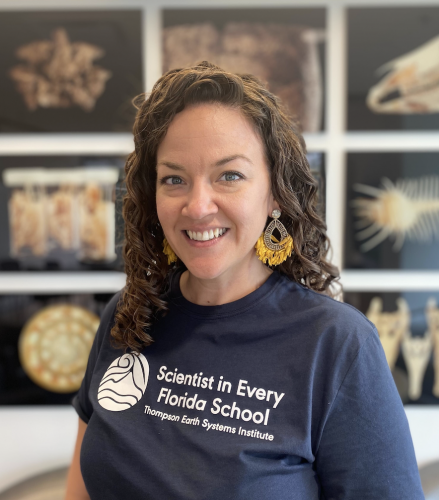 Angelee Gens
Angelee Gens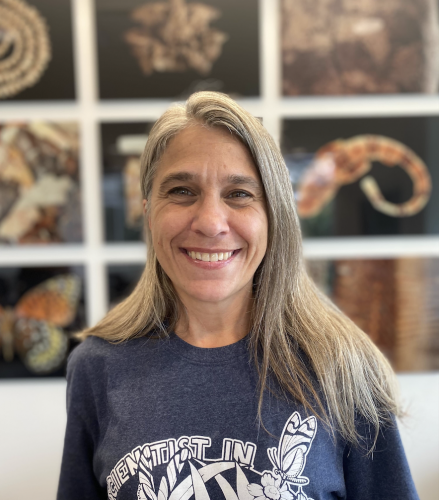 Christy Giuliano
Christy Giuliano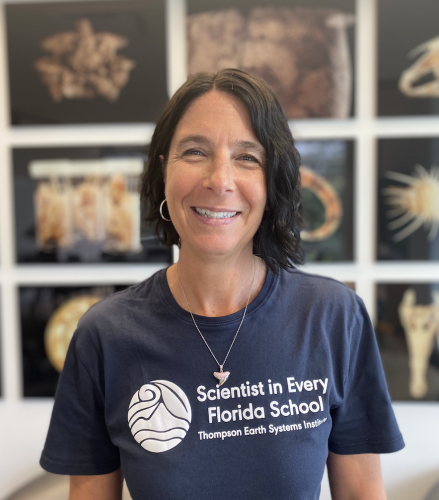 Susan Hahn
Susan Hahn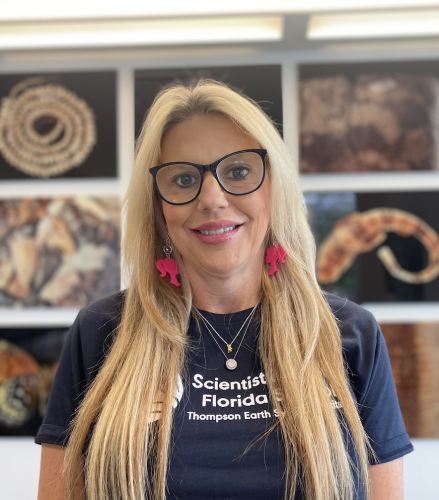 Kimberly Howard
Kimberly Howard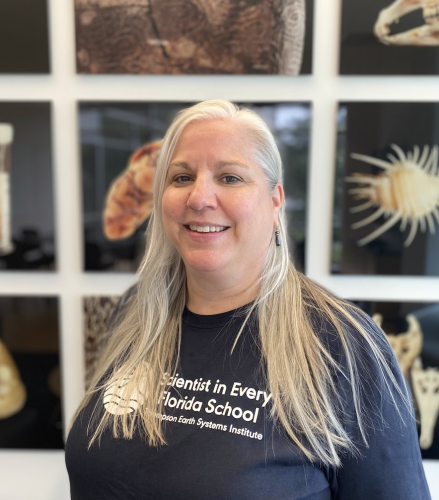 Jana Lee
Jana Lee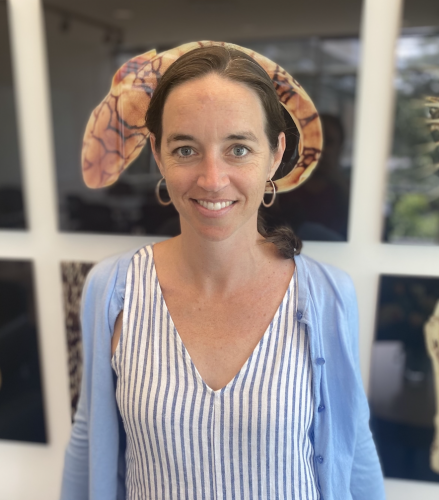 Shanna Lillis
Shanna Lillis Heather Magill
Heather Magill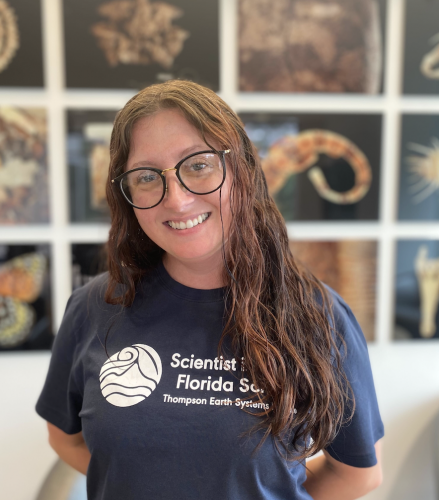 Sara Patterson
Sara Patterson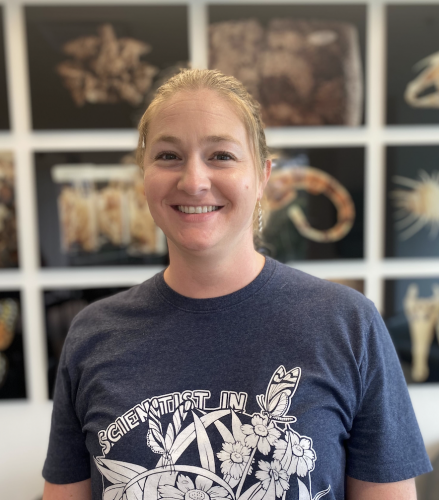 Holly Shema
Holly Shema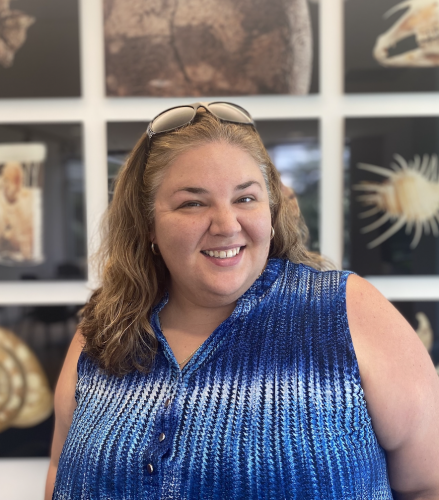 Kimberly Stark
Kimberly Stark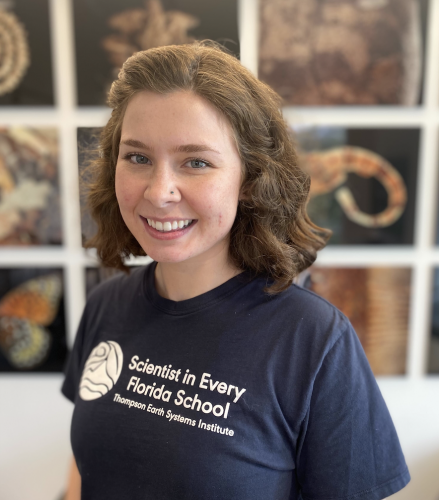 Victoria Stone
Victoria Stone